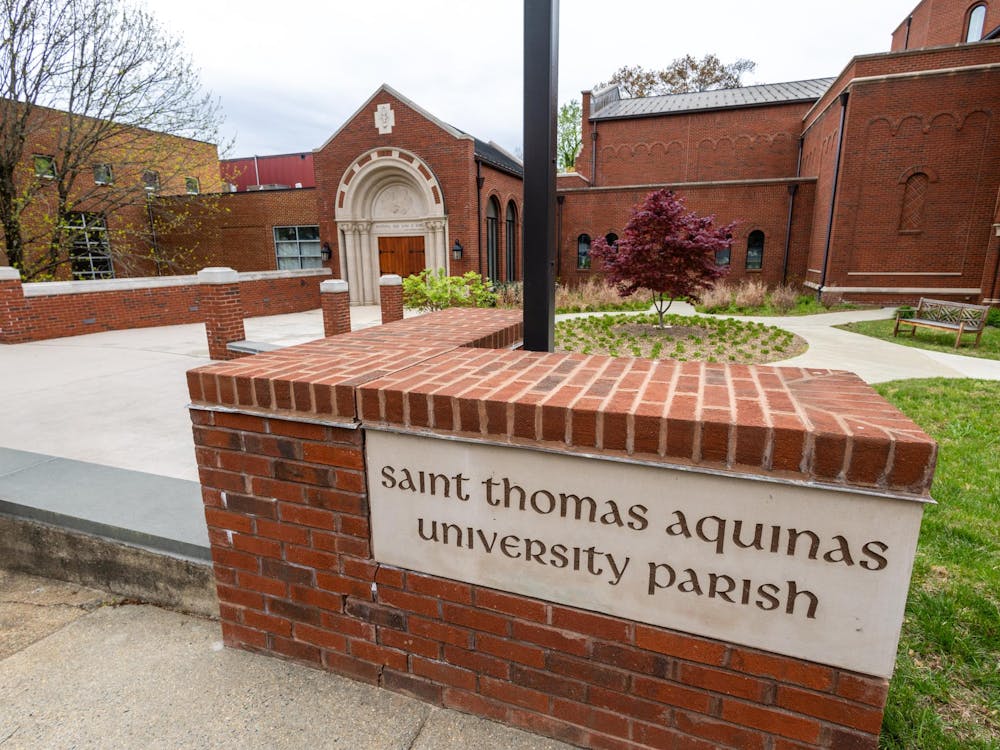Eleven months and 158 charges later, the Honor Committee has finished all the investigations for the Bloomfield plagiarism cases.
So far, 38 students who took the Physics 105 and 106 courses, How Things Work, have been dismissed from the University, including those who admitted guilt before and after their investigation panels.
Of 59 cases referred to trial, twenty still are pending, and Committee Chairman Thomas Hall estimates they will not be completed until the end of the semester.
"We obviously are glad to have the investigation stage completed, and the process has been quite smooth," Hall said.
|
click here |
Hall said he expected the trials to be finished last semester but now is confident they will finish by the end of the semester.
"The cases may have moved slower than anticipated, but the truth has been found in every case," he said. "I don't think there is anyone out there who would want to sacrifice truth for speed."
Physics Prof. Louis Bloomfield filed charges against students last April, when the plagiarizing-detecting computer program he developed found similar words or consecutive phrases in students' papers.
More than half of the Bloomfield cases - 88 in all - have been dropped at or before the investigative panel stage.
Hall said the number of cheating students in Bloomfield's Physics 105 and 106 courses and in the University is extremely low.
"It's important to realize that out of the 2,500 students who have taken How Things Work over the past five semesters, only one and a half percent, 38, are being dismissed as a result of cheating."
Bloomfield has declined to comment until the remaining trials are completed.
"I have to stay quiet, and let due process take place," Bloomfield said in a press release. "Students are innocent until proven guilty, and I want the process to run quietly and responsibly until it's done."
Of the two appeals that have been requested so far, one currently is pending and one was denied. No grievances have been filed.
Hall said he is pleased with the outcome thus far.
"If any message should come out of this, it's that a very, very slim percentage of students at the University are choosing to cheat, and those that are choosing to cheat are being punished," he said.
Hall said he hopes the Bloomfield cases will generate a deeper appreciation of the honor system.
"There's certainly a greater awareness of the honor system in the wake of the Bloomfield cases," he added. "I hope the faculty will see that the Honor Committee can do cases consistently and fairly."
For College Honor Rep. Michelle Jones, the Bloomfield cases have brought honor closer to home.
"Even if students weren't one of the 158 brought up, a lot of people had friends who were," Jones said. "It made the honor system much more real for us"






